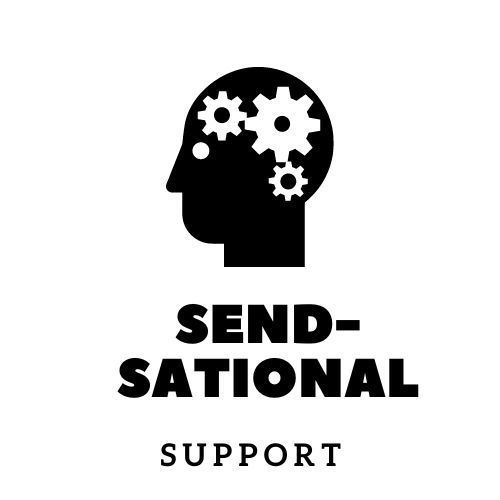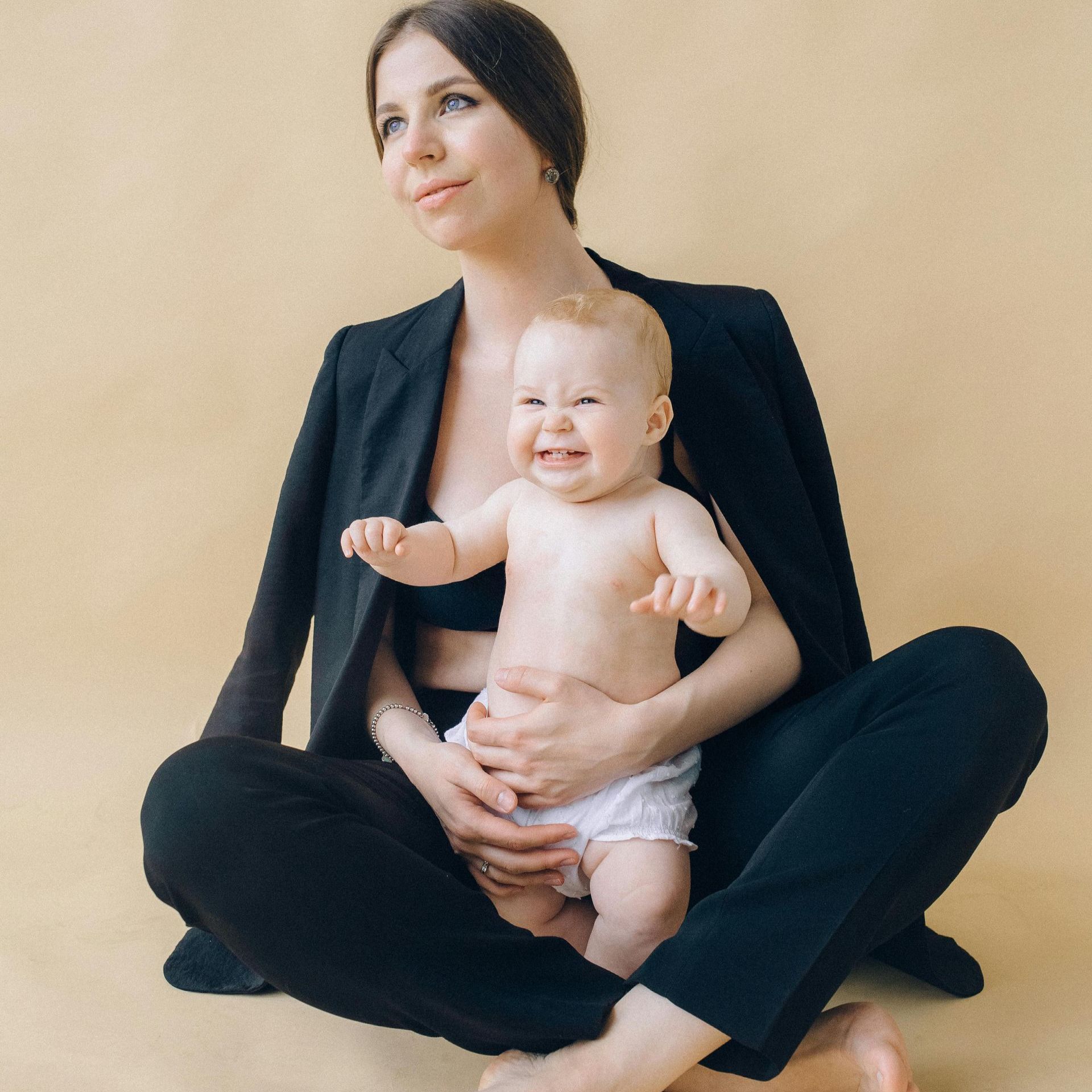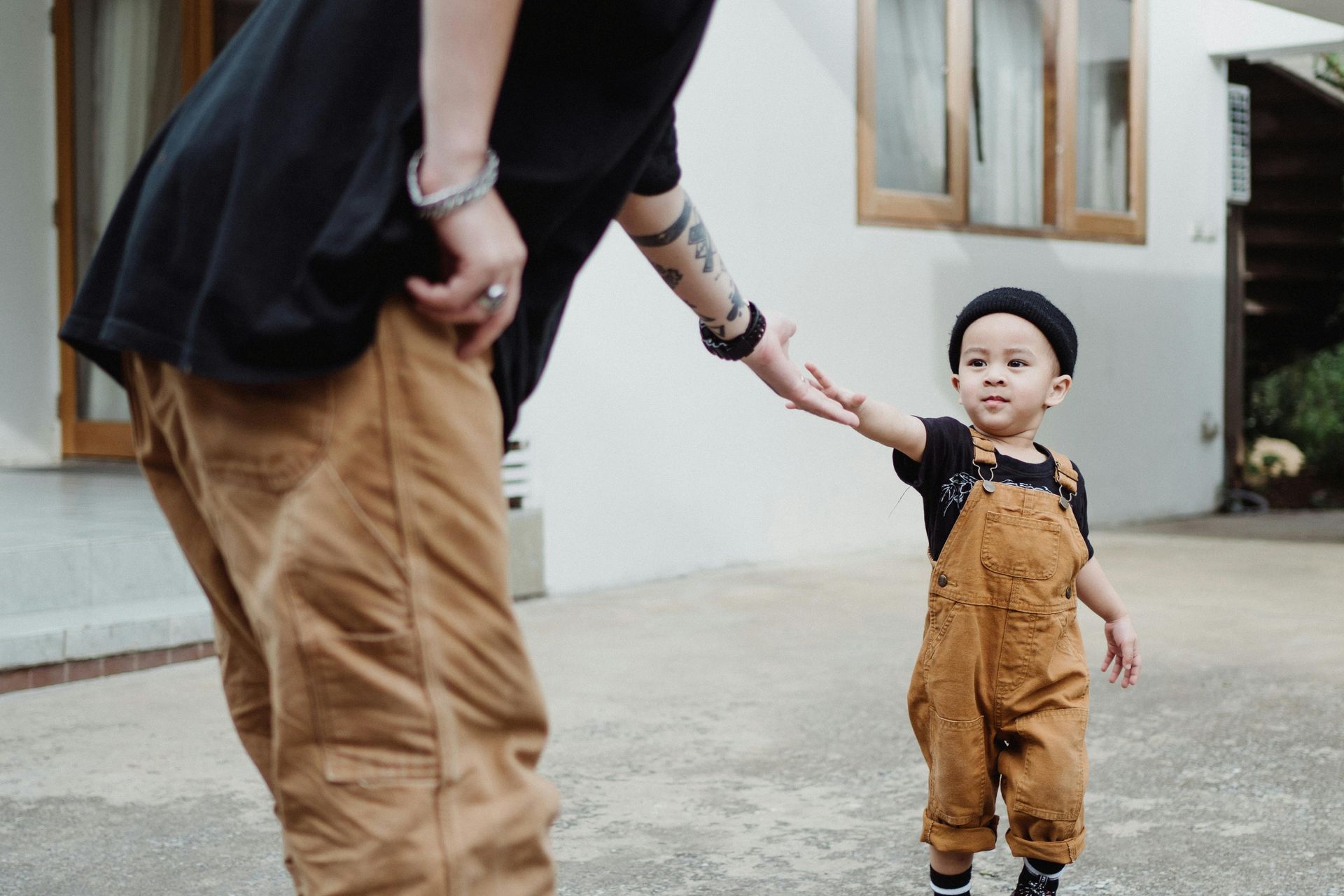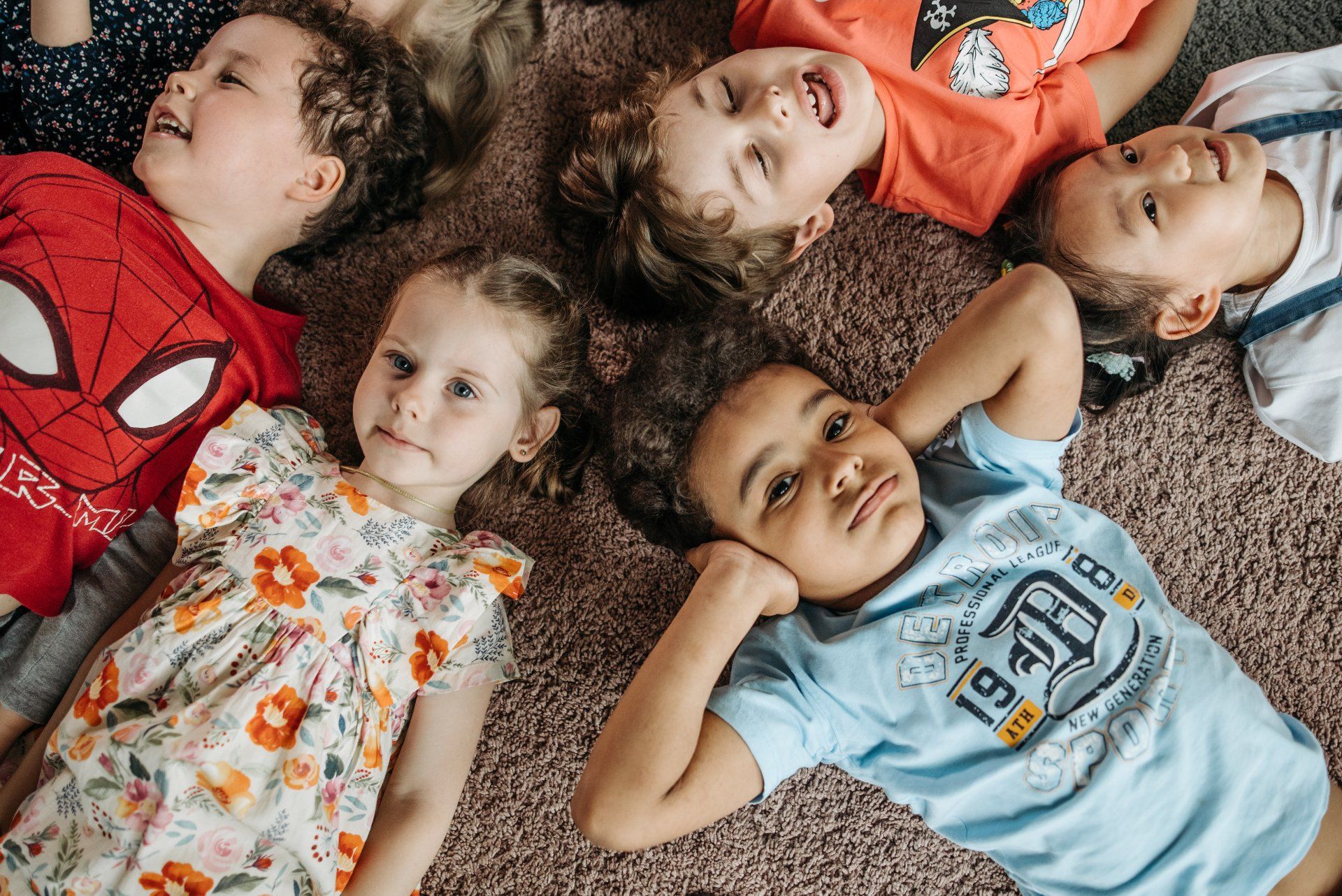Routines: Supporting and Empowering All Children to Reach their Potential
Instigating Inclusive Routines
At SENDsational Support we believe there are six steps
to creating a truly inclusive early years provision.
This blog takes a closer look at the final step six....'Routines' and asks...
How to support and empower Individuals to reach their potential using routines
Inclusive routines are the backbone of a nurturing and empowering environment for children in early years settings. By implementing routines that benefit all children and incorporating specialist techniques to support individuals with special educational needs and disabilities (SEND), we can create an inclusive space where every child can thrive and reach their full potential. This blog explores the importance of instigating inclusive routines and highlights the significance of implementing specialist techniques to support children with SEND.
Creating a Structured and Predictable Environment
Establishing inclusive routines helps create a structured and predictable environment that benefits all children. Routines provide a sense of stability and security, allowing children to develop a sense of order and familiarity. Clear and consistent routines for daily activities, such as arrival and departure, snack time, and transitions, offer a framework that supports all children's emotional well-being and helps them develop essential self-regulation skills.
Adapting Routines to Individual Needs
Inclusive routines involve adapting and tailoring them to meet the diverse needs of all children. Take into account the specific requirements of children with SEND and implement individualised strategies within routines. For example, visual schedules, social stories, or sensory supports can be incorporated to provide additional structure and support for children who benefit from visual aids or require sensory accommodations. Adapting routines ensures that all children can actively participate and engage in meaningful ways.
Implementing Specialist Techniques
To support children with SEND in reaching their potential, it is crucial to implement specialist techniques within routines. Collaborate with specialists, such as occupational therapists, speech and language therapists, or behavior analysts, to develop strategies and interventions that address individual needs. This may include using alternative communication methods, providing sensory integration activities, or employing behavior management techniques. Specialist techniques within routines help children with SEND develop crucial skills and make progress in their areas of development.
Promoting Peer Collaboration and Support
Inclusive routines offer opportunities for peer collaboration and support, fostering a sense of community and belonging. Encourage children to work together, communicate, and support one another during routine activities. Pairing children with different abilities allows them to learn from each other, build empathy, and develop social skills. Inclusive routines provide a platform for all children to contribute and benefit from the diverse strengths and perspectives within the group.
Facilitating Individual Goals and Independence
Inclusive routines can support individual goals and promote independence for children with SEND. Identify specific objectives for each child and incorporate them into routines. For instance, a child working on self-help skills may have opportunities to practice dressing or feeding themselves during routine activities. By embedding individual goals within routines, children with SEND can develop their abilities, gain confidence, and take pride in their achievements.
In Conclusion
Instigating inclusive routines that benefit all children while implementing specialist techniques to support individuals with SEND is crucial for creating an inclusive and empowering early years environment. By adapting routines to meet individual needs, incorporating specialist strategies, promoting peer collaboration, and facilitating individual goals, we can ensure that every child can actively participate and reach their potential. Inclusive routines provide a foundation for nurturing the holistic development of all children, fostering a sense of belonging, and setting them on a path for lifelong learning and success
Children first.











